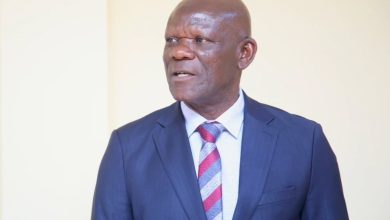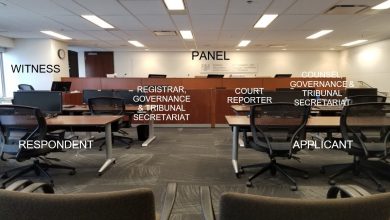High Court dismisses anti-tobacco petition

DODOMA: THE High Court, sitting at the Dodoma Main Registry, has dismissed a constitutional petition filed by four Tanzanians who were seeking to compel the government to cease tobacco farming and production, citing environmental damage, public health risks and violations of international obligations.
A panel of three judges, Justices Abdi Kagomba, Suleiman Hassan and Anjelo Rumisha ruled against petitioners Lutgard Kagaruki, Alpha Kawonga, Hassan Mkombwayage and Millennium Mosha for failing to comply with the court’s directives to file written submissions as required.
“The consequences of failing to file submissions have long been settled and we see no purpose in labouring the point. We have no intention of reinventing the wheel. In this matter, only one course lies open before us and that is the dismissal of the petition,” the judges declared.
The ruling was delivered in favour of the Minister for Health, Minister for Agriculture, National Environment Management Council (NEMC) and the Attorney General, who were listed as respondents.
The petitioners had urged the court to declare that the government had a constitutional and international duty to ensure a clean and healthy environment. They described tobacco farming and production as unsustainable, environmentally destructive, harmful to health and a contributor to poverty and economic strain.
They also claimed the government had failed to protect workers, non-smokers and the public by not enforcing tobacco control measures, not domesticating the World Health Organisation’s Framework Convention on Tobacco Control (FCTC) and not enacting comprehensive tobacco legislation.
The petition further sought orders requiring the government to phase out tobacco farming within three years, promote alternative economic activities to support farmers’ livelihoods, withdraw subsidies for tobacco, stop promoting tobacco products and enforce nationwide smoking bans.
Following the completion of pleadings, on July 22, 2025, the court directed all parties under Rule 13(1) of the Basic Rights and Duties Enforcement (Practice and Procedure) Rules, 2014, to file written submissions.
The petitioners were specifically ordered to file their written submissions in chief by July 29, 2025.
Believing that all parties had complied, the court scheduled judgment for September 15, 2025. However, during judgment preparation, the judges could not locate the petitioners’ submissions. Despite multiple attempts to retrieve the documents from the court’s electronic system, no record was found.
Counsel for the petitioners claimed they had filed the submissions on the due date but could not obtain the control number necessary to pay the court fees. They argued that delays were caused by the court’s own systems and that they had informed court officials accordingly.
They urged the court to apply Article 107A(1) of the Constitution, which mandates courts to focus on substantive justice and to invoke the overriding objective principle to allow the case to proceed.
In response, counsel for the respondents submitted that the petitioners had failed to comply with the court’s order, insisting that such failure was fatal to their case. The court was urged not to condone non-compliance.
In their ruling, the judges noted that no court fees were paid for the written submissions in chief. Only the fees for rejoinder submissions were processed.
“To claim that the submissions in chief were filed using the control number for rejoinder submissions is, with respect, an attempt to make a silk purse out of a sow’s ear,” the judges remarked.
They said that electronic filing is a process, not a single act and is only complete once all procedural steps, including payment, are fulfilled. A document, they said, is not considered “filed” unless it is accessible to both the judge and the opposing party.
The court rejected the petitioners’ plea to invoke the overriding objective, stating that the principle was never intended to shield negligence or to excuse inaction.
“In an adversarial system such as ours, the conduct of a case lies squarely in the hands of the parties. Where a party chooses not to file necessary documents, the court cannot do so on their behalf,” the ruling reads.
The judges warned that stretching the overriding objective to cover procedural lapses would undermine judicial integrity and set a dangerous precedent.
ALSO READ: Samia assures tobacco fortune
“To tread that path would be like using a sledgehammer to crack a nut, resulting in farreaching and undesirable consequences for the justice system,” the judges concluded.
As a result, the petition was dismissed in its entirety.





